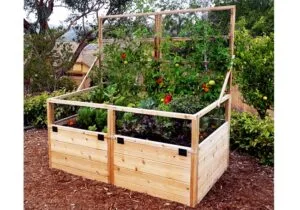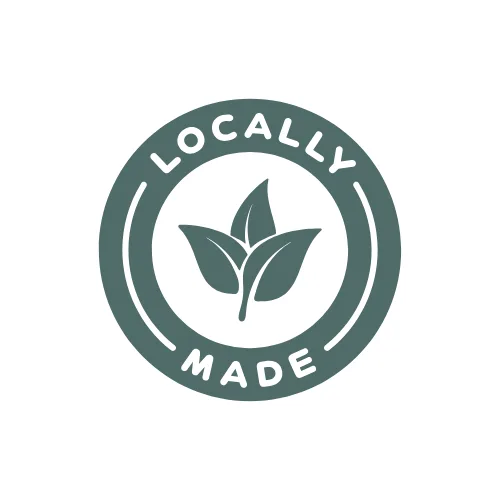Gardening is rewarding, but it can also be hard on your feet—especially when you're standing, bending, lifting, and moving across uneven terrain for hours. The right pair of insoles can significantly improve comfort, reduce fatigue, and help prevent long-term foot and joint issues.
This guide breaks down why insoles matter, the most common types available, and how each one supports gardeners who spend long days on their feet.
Why Insoles Are Important for Gardeners
Hours of gardening means constant pressure on the feet, ankles, and lower back. Heat, humidity, and uneven ground can make discomfort even worse. Insoles add a protective layer between your feet and your boots, providing:
- Better shock absorption
- Improved posture and alignment
- Reduced fatigue when working on hard or rocky surfaces
- Extra cushioning to prevent blisters, calluses, and pressure points
- Additional insulation to keep feet warm during early spring or late fall gardening
Why Gardeners Should Equip Their Work Boots With Insoles
Gardeners deal with harsh outdoor conditions—heat, moisture, and long hours of repetitive movement. Insoles help counteract common problems such as:
- Swollen or sore feet after prolonged standing
- Pressure on ankles and knees from digging, hoeing, and bending
- Blisters from boots that don’t fit perfectly
- Foot fatigue from uneven ground
- Moisture buildup, which can lead to fungus or infections
A well-chosen insole adds comfort, improves stability, and reduces the risk of foot injuries over time.
General Types of Insoles to Try Before Choosing a Specialized Pair
If you're new to insoles, start with these versatile, easy-to-find options:
1. Support Insoles
Designed for stability, these insoles help distribute weight evenly across your foot and reduce stress on joints. They’re ideal for beginners and offer reliable performance for most gardening tasks.
2. Comfort Insoles
Made from softer materials, comfort insoles provide cushioning during long periods of standing. While not meant for extremely heavy work, they are great for light-to-medium gardening.
3. Height-Increasing Insoles
Although originally meant to add height, these insoles offer surprising benefits for gardeners:
- Reduced pressure on heels
- Extra cushioning for heavy tools like rakes or shovels
- Better distribution of weight across the foot
- Lower risk of foot wounds or ulcers
- Improved flexibility and freedom of movement
Memory Foam Insoles
Memory foam is a top choice for gardeners seeking maximum comfort. Originally developed by NASA, this material shapes to your foot, providing customized cushioning with several advantages:
- Excellent moisture absorption—keeping feet dry in humid weather
- Breathability that prevents infections from sweat buildup
- Even pressure distribution on uneven terrain
- Reduced fatigue after long gardening sessions
Memory foam insoles adapt to your movements, making them ideal for gardeners who work on mixed surfaces like gravel, soil, and stepping stones.



Conclusion
Anyone who spends long hours doing physical outdoor work can significantly improve their comfort—and prevent long-term injuries—by investing in a quality pair of insoles. The right pair reduces foot pain, protects joints, and makes gardening more enjoyable.
Whether you choose support, memory foam, or height-enhancing insoles, your feet will thank you after every gardening session.




